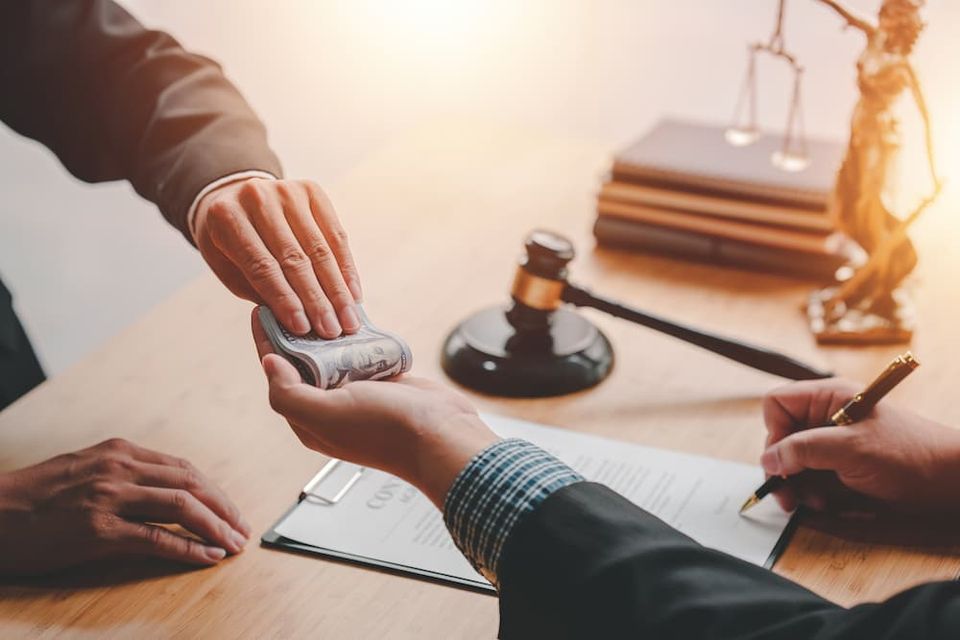Myth 2: Once You Are Out On Bail, You Are Free To Go Until Your Court Date
Yes and no. Being out on bail keeps you from having to sit around in jail. However, there are rules when out on bond. Breaking them can result in going back to jail. The most basic rules are:
1.) No weapons, even if legally obtained. If you own weapons, have a friend look after them until your court date. If you live with somebody who owns weapons, they will have to remove them from your home.
2.) No drugs. We recommend avoiding alcohol, as being caught drunk and disorderly or driving under the influence will get you back in jail. If your case involves alcohol, don't drink.
3.) Avoid anyone involved in the case.
4.) Adhere to a curfew. This typically means you need to be at home during certain night hours. Delaware County has no fixed curfew - the judge will determine it.
5.) For juveniles, it is important to maintain or seek employment or stay in school.
6.) No travel beyond a certain distance set by the judge.
Depending on the case, you may also have other restrictions. You are required to attend all court dates.
